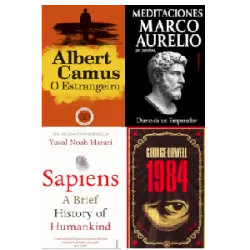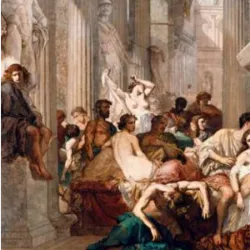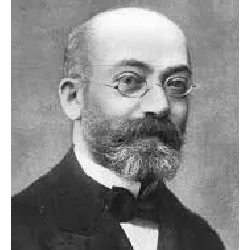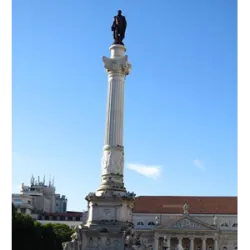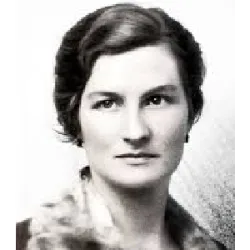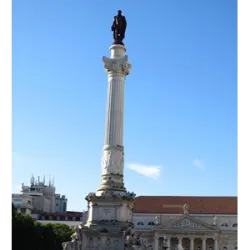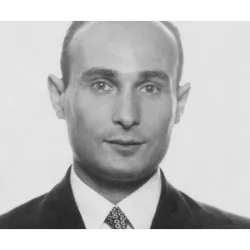The Revolution of Emotion in Literature

Romanticism was a literary movement that emerged at the end of the 18th century and dominated much of the 19th century, characterized by the valorization of emotion, individualism and imagination. In opposition to the rationalism of the Enlightenment and classical rules, Romantic writers exalted creative freedom, nature and human feelings.
In Europe, names such as Johann Wolfgang von Goethe, with The Sorrows of Young Werther, Victor Hugo, with Les Misérables, and Lord Byron, with his melancholic poems, marked the period. In Brazil, Romanticism was highlighted by authors such as José de Alencar, author of Iracema and O Guarani, who sought to build a national identity in literature, as well as Álvares de Azevedo, whose poetry reflected the idealism and melancholy characteristic of the movement.
The historical context of Romanticism was influenced by major transformations, such as the French Revolution (1789), which brought ideals of freedom and equality, and the Industrial Revolution, which impacted society with urbanization and new living conditions. The movement was also a response to the advance of science and reason, valuing the subjective and spiritual. With its intense emotional charge and varied themes, Romanticism was one of the most remarkable periods in literature.
Did you know?
